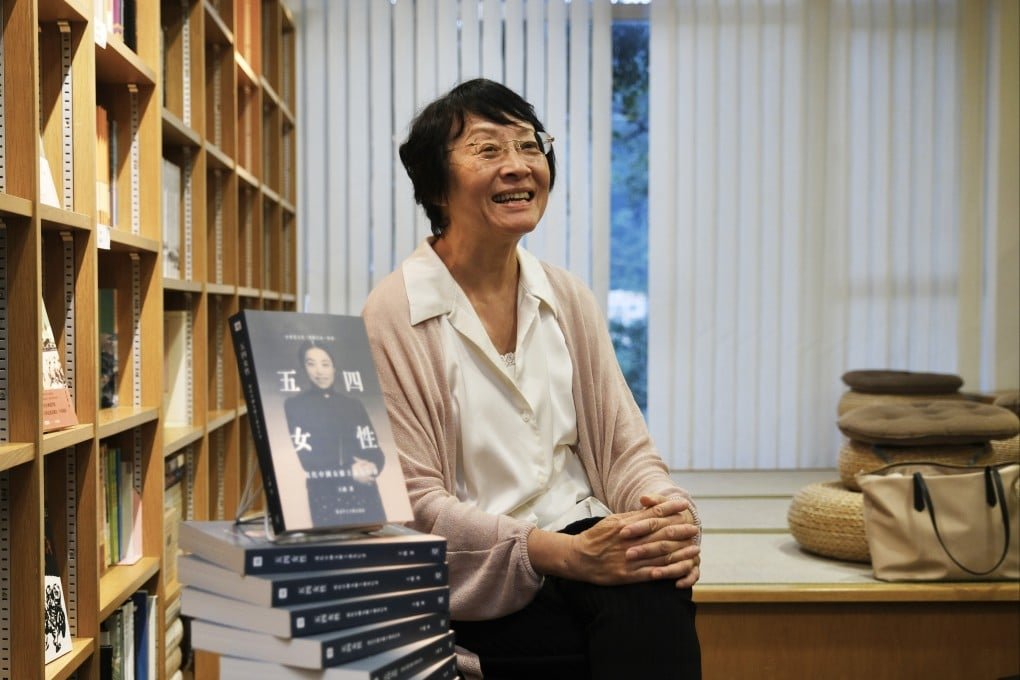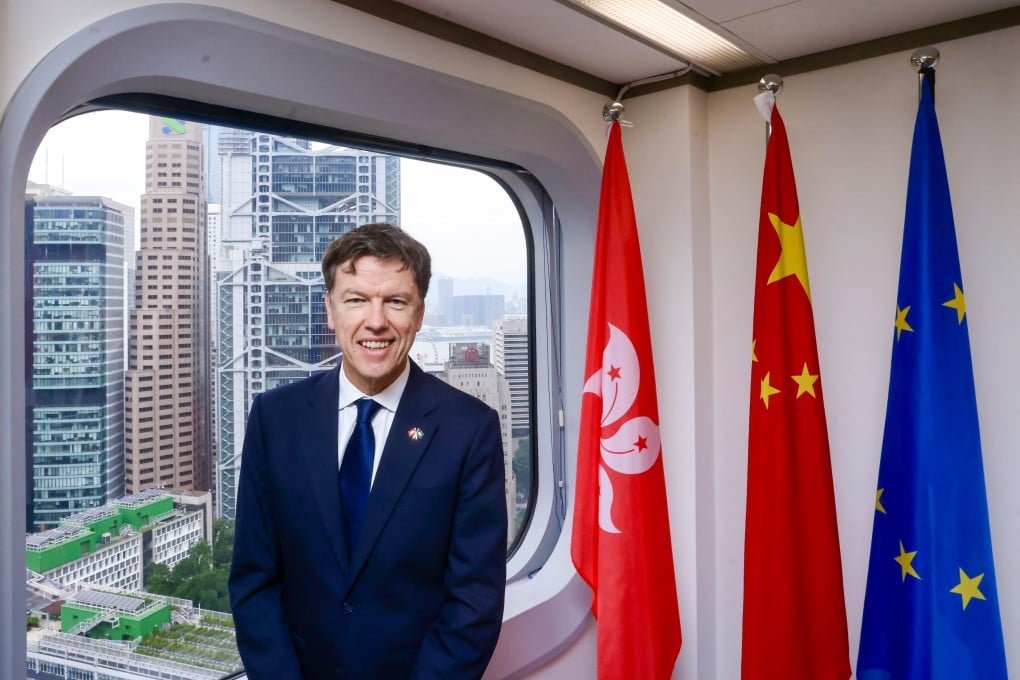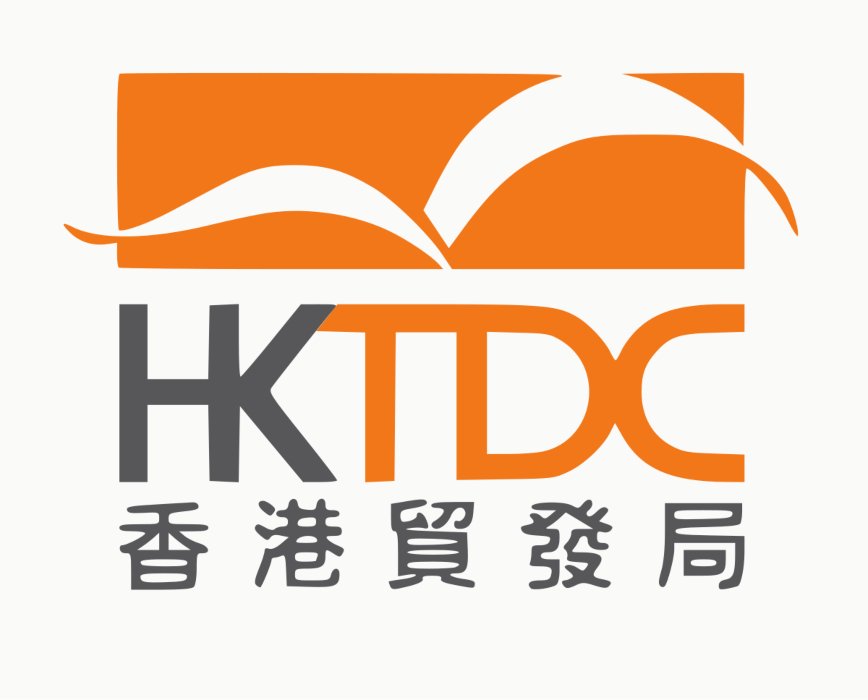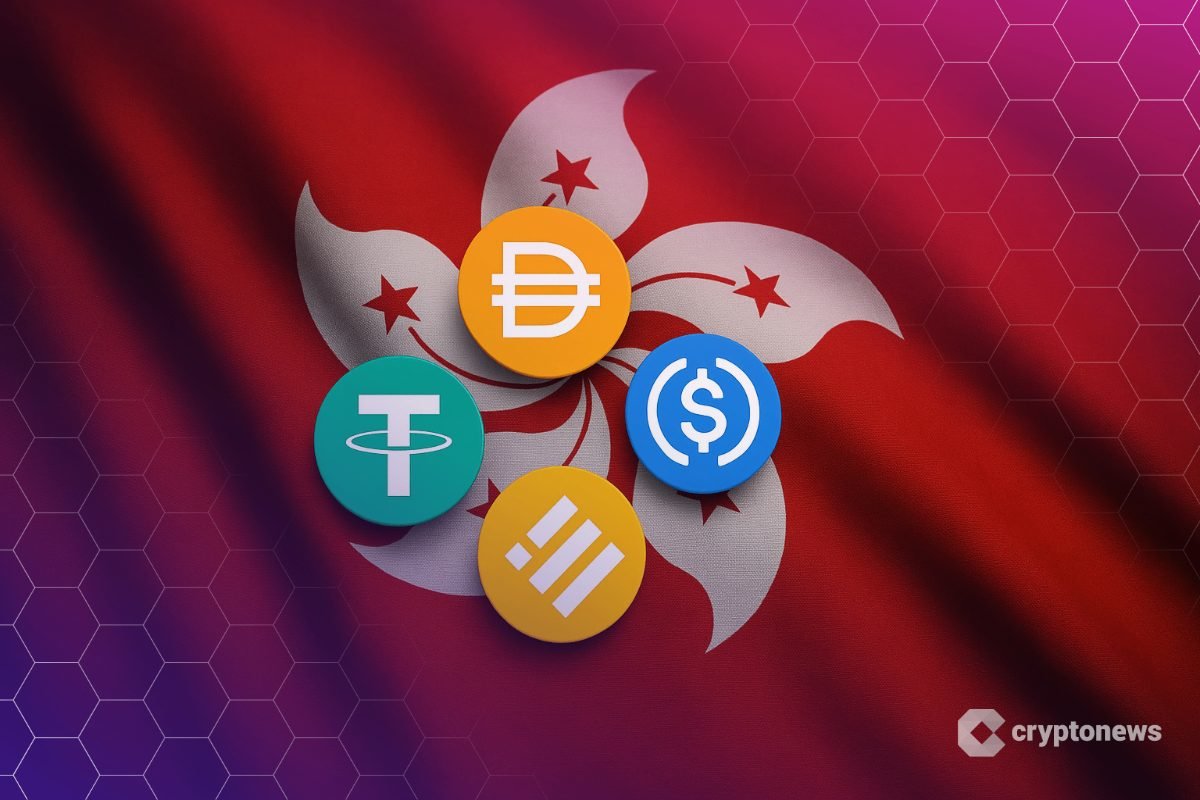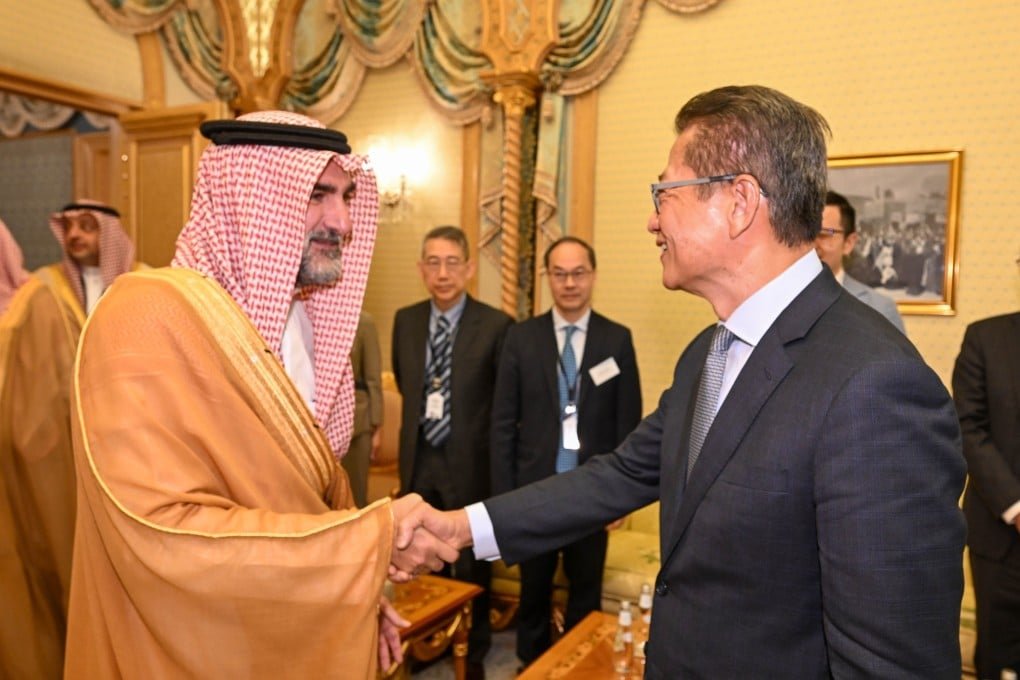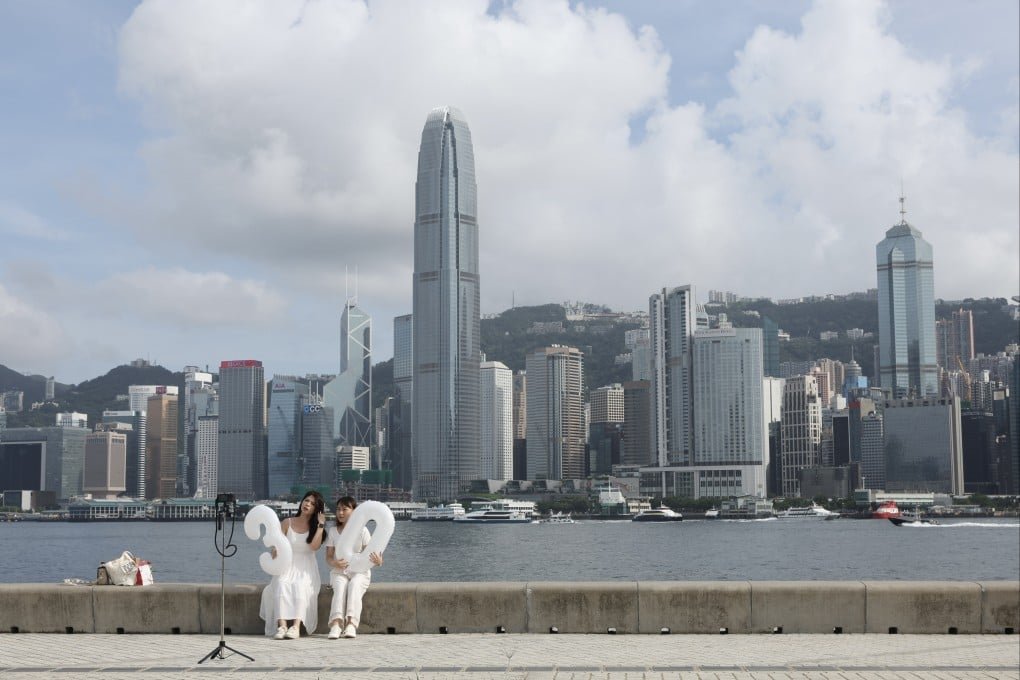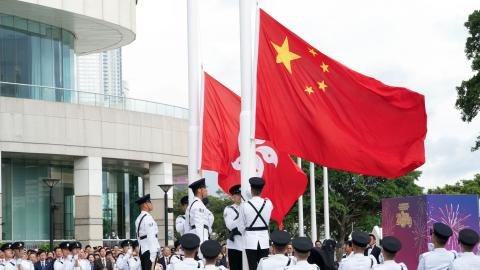
A new comprehensive report by Hong Kong Watch argues that Beijing is exploiting Hong Kong’s “special status” under the “one country, two systems” framework to advance Chinese diplomatic and economic interests at the expense of the city’s promised autonomy. Entitled The Limits of Autonomy: a review of Hong Kong’s special status under ‘one country, two systems’, the study details how Hong Kong has been treated differently from mainland China in international bodies and global markets and how that differential treatment is increasingly being leveraged by Beijing.
The report traces the legal foundation of Hong Kong’s autonomy under the Sino-British Joint Declaration and the Basic Law, and shows that since 2020 the Chinese government has actively aligned the city’s institutions with mainland policy while preserving its preferential status abroad. It documents, for example, how Hong Kong representatives have supported China’s position in blocking Taiwan’s participation in international agencies and how Hong Kong bodies have used their international standing to advance China’s foreign-policy goals.
While acknowledging the erosion of political freedom within Hong Kong, the authors emphasise that the focus must shift to how the unique status of Hong Kong is being instrumentalised. As one researcher wrote: "Hong Kong’s autonomy brings diplomatic and economic benefits which the People’s Republic of China is loath to lose … the new security era is not simply about dismantling freedoms but about exploiting Hong Kong’s status as a ‘highly autonomous’ region for diplomatic and economic gain."
The report makes several policy recommendations for the United Kingdom, United States, Canada and the European Union. Key among them: the United States should review legislation and policy documents that still treat Hong Kong as autonomous; governments should reassess consular privileges and immunities of Hong Kong Economic and Trade Offices; and a coordinated effort should be made to establish a United Nations special envoy to monitor developments in Hong Kong’s autonomy.
In the context of intensifying Sino-U.S. competition, the analysis argues that policymakers must recognise that preferential treatment of Hong Kong may inadvertently further Chinese state interests rather than protect the city’s freedoms. The timing comes as Washington has already sanctioned six Chinese and Hong Kong officials for eroding Hong Kong’s autonomy and declared that Hong Kong no longer warrants differential treatment under U.S. law. The report underscores that aligning legal status and actual governance is crucial to preserve both international norms and Hong Kong’s distinct role.
For governments committed to supporting Hong Kong’s original promises, the study stresses that closing legal and institutional loopholes is now as important as monitoring political repression. Without that, the city’s special status may continue to be repurposed by Beijing, undermining the autonomy it was designed to uphold.

